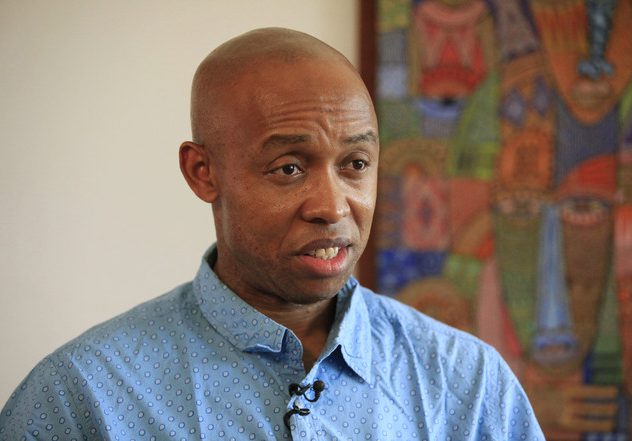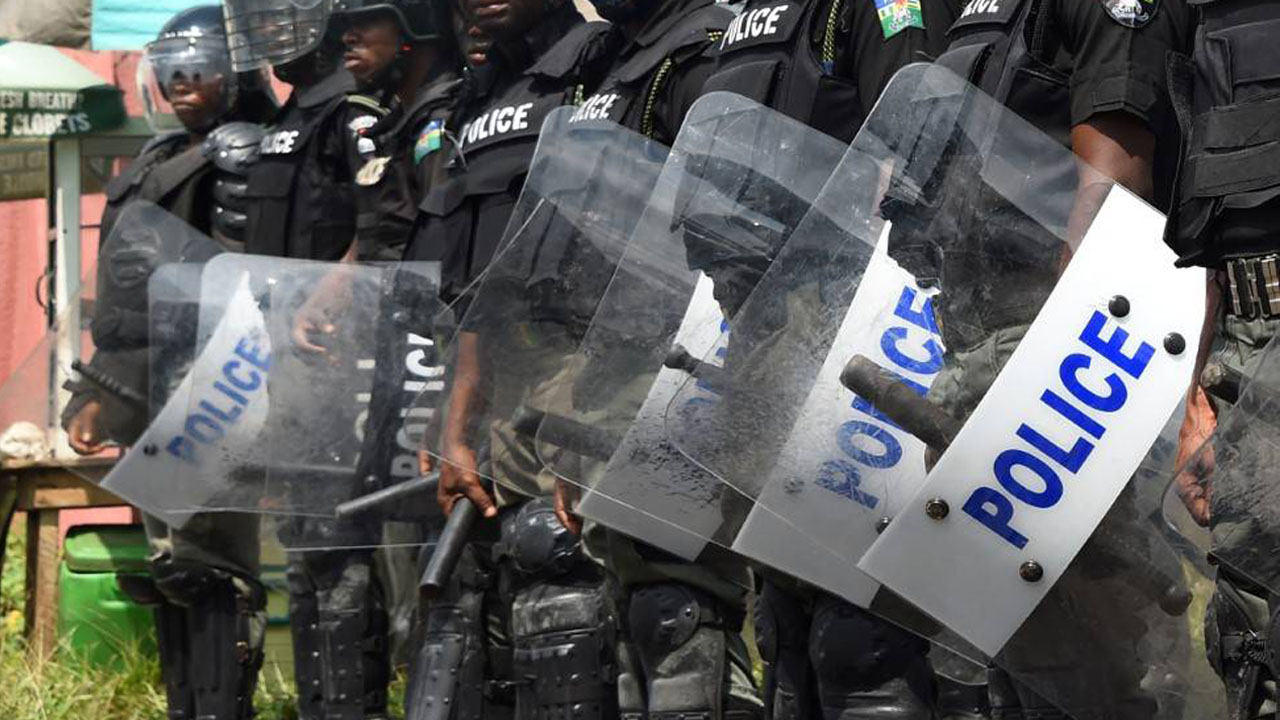 Emir Ahmed Nuhu Bamalli.
Emir Ahmed Nuhu Bamalli.Despite the myriad security challenges facing Nigeria, data indicates that, aside from the high incidences in 2021— which the Emir addressed vocally and proactively — the Zazzau Emirate has not been significantly afflicted by banditry and kidnappings in recent years. Part of the reason for the success is the nature of the servant leadership model, which is common with traditional leaders but absent with political leaders.
For over a millennium, traditional institutions have navigated the vicissitudes of the pre-colonial, colonial and post-colonial eras, experiencing periods of tranquility, stability, growth, and progress, as well as episodes of conflict, instability and setbacks. Like in any political society, they experienced and endured calm and turbulence times, elevations and humiliations, increased and diminished influences, and interferences by political powers, particularly from the colonial era to the present times.
Despite all the positives and negatives, the institutions remain the custodians of the people’s history, culture, norms and values, which no political system can diminish or erase. Regardless of the machinations of former colonial powers and eccentricities of modern-day politicians, political power is meaningless without people to govern – or misgovern. So, having stability at the sub-national level where traditional leaders play active roles in promoting peace, stability and democracy is crucial.
There is a compelling argument that Nigeria has not achieved sustainable democracy and economic development due to the underutilisation of the mechanism of traditional institutions. Politicians often remember these institutions in times of crisis, instability and elections, but not as part of an active structure of delivering the dividends of democracy. They seem to be treated as ad hoc entities to address the symptoms of our multitudes of problems around the security and economic sectors. Beyond the politicians, the influx of radical ideologies, the adoption of unethical cultures and negative globalisation has played its own roles in diminishing the objectives of traditional institutions. These, by no means, absolves them of complicity in their own decline through fraternisation which political leaders, autocracy, corruption, conflict with modern governance, and resistance to change.
However, for democracy and development to be sustainable in modern Nigeria, traditional institutions must be effectively harnessed. There is abundant research highlighting their positives but it’s important to equally echo germane issues. Nigeria’s needs align its national security objectives with the purpose of traditional institutions, through the fortification of existing formal partnerships, for most conflicts and disputes can be resolved at the level of these institutions. The much-touted community policing that is struggling to take off, despite the efforts of the Nigeria Police Force through brilliant officers like AIG Austin Iwar (rtd) and subsequent commissioners of police, should be the forte of traditional institutions. They are already actively playing the role presently, with minimal government support.
…the late Emir, Alh Shehu Idris, of blessed memory, and current indefatigable Emir, Ambassador Ahmed Nuhu Bamalli, now in his fourth year, have effectively demonstrated how much can be achieved. With the infusion of modernity, traditional institutions can play positive role in enhancing democracy and improving national security, as currently evident in the Zazzau Emirate.
Due to their proximity to the grassroots, cultural awareness of residents, and deep knowledge of community histories, their pragmatic approach has been more effective in dealing with some security issues than formal law enforcement agencies. Their networks for information gathering can only be rivalled by a robust technological platform which, even if we have, has not proven to be effective for crime prevention. Their access to the populace can be leveraged to deepen trust in government, for the reality is that they are probably the last tier of leaders who still command some level of respect from the populace. Politicians have ravaged and captured religious institutions, but traditional institutions have been somewhat insulated from this to a degree that can be built upon. They are the only institution that still have the trust and confidence of the populace due to the stoic nature of most leaders and regular community engagement with commoners, amongst other factors.
It is imperative to acknowledge their significant contributions to national security efforts. Within my own enclave of Zazzau Emirate, I have observed the substantial potential of fusing traditional institutions with modern practices, in enhancing some of our national security outcomes. As with all positions of authority, much depends on the capacity, character and drive of the leader. This is likely true in other kingdoms and chiefdoms, but the late Emir, Alh Shehu Idris, of blessed memory, and current indefatigable Emir, Ambassador Ahmed Nuhu Bamalli, now in his fourth year, have effectively demonstrated how much can be achieved. With the infusion of modernity, traditional institutions can play positive role in enhancing democracy and improving national security, as currently evident in the Zazzau Emirate.
Despite the myriad security challenges facing Nigeria, data indicates that, aside from the high incidences in 2021— which the Emir addressed vocally and proactively — the Zazzau Emirate has not been significantly afflicted by banditry and kidnappings in recent years. Part of the reason for the success is the nature of the servant leadership model, which is common with traditional leaders but absent with political leaders. The data shows that many effective strategies can be scaled up through traditional institutions. It is time to build on what works and discard what does not.
Nigerians need credible journalism. Help us report it.
Support journalism driven by facts, created by Nigerians for Nigerians. Our thorough, researched reporting relies on the support of readers like you.
Help us maintain free and accessible news for all with a small donation.
Every contribution guarantees that we can keep delivering important stories —no paywalls, just quality journalism.
Umar Yakubu writes from Abuja.
Support PREMIUM TIMES' journalism of integrity and credibility
At Premium Times, we firmly believe in the importance of high-quality journalism. Recognizing that not everyone can afford costly news subscriptions, we are dedicated to delivering meticulously researched, fact-checked news that remains freely accessible to all.
Whether you turn to Premium Times for daily updates, in-depth investigations into pressing national issues, or entertaining trending stories, we value your readership.
It’s essential to acknowledge that news production incurs expenses, and we take pride in never placing our stories behind a prohibitive paywall.
Would you consider supporting us with a modest contribution on a monthly basis to help maintain our commitment to free, accessible news?
TEXT AD: Call Willie - +2348098788999


















 English (US) ·
English (US) ·